T1D Guide
T1D Strong News
Personal Stories
Resources
T1D Misdiagnosis
T1D Early Detection
Research/Clinical Trials
Diabetes and Addiction
Addiction is a complex brain disorder that remains with you even when you stop using. And while addiction can be physical, psychological or both — when you have type 1 diabetes (T1D), you are treading in dangerous waters.

Editor’s Note: If you or someone you love is battling addiction, finding help can be an intimidating and difficult process. Support is here for you. Contact the Substance Abuse and Mental Health Services Administration (SAMHSA) or the American Diabetes Association’s Mental Health Provider Directory.
Actor and writer Matthew Perry describes his alcohol and pill addiction as a progressive problem, a rollercoaster ride he didn’t understand. He wrote his memoir, Friends, Lovers, and the Big Terrible Thing, to help others — stating that if he could help just one person turn the light on to this powerfully dark problem, he would have made a difference in the world. His life recently ended tragically, spurring the need to raise awareness for substance abuse.
Alcohol and drug use have a measurable effect on diabetes incidence and the development of acute and chronic diabetes-related complications, reports Lancet Diabetes and Endocrinology. Though extremely harmful if left untreated, recovery is possible.
The added dangers of a dual diagnosis of diabetes and addiction increase mental impairment when making decisions regarding insulin therapy and management. When you’re under the influence, chances are you’re not eating or administering insulin properly, which can lead to critical high and low blood sugar levels.

Matthew Perry admitted to taking up to 50 Vicodin a day and said that it was the secrets surrounding addiction that kill us. In one of his heartbreaking last interviews, Perry urged people to get the help they need because the disease will never go away. He once had someone in a treatment facility tell him an eye-opening fact — that his addiction wasn’t his fault.
Addiction is an obsessive-compulsive brain disorder.
Addiction comes in many forms, and most people have someone in their lives who struggles with the disease. It wasn’t until 1956 the American Medical Association (AMA) named alcoholism a disease, and then later classified addiction as a disease in 1987.
Further studies concluded by the American Society of Addiction Medicine (ASAM) define addiction as a chronic brain disorder. Even strong, resilient people can be affected by addiction; it’s not simply the result of making bad choices, as some like to think. And as dangerous as addiction can be, combined with a chronic illness like type 1 diabetes (T1D), the combination can be lethal.
Recovery is Possible
Treatment options for type 1 diabetes and addiction
The stress of living with a chronic illness like type 1 diabetes never lets up. T1Ds make hundreds of decisions a day, and diabetes burnout is real. Depression and anxiety often accompany the demanding management routine. However, self-medicating is not the answer.
Treatment plans and trained professionals are available if you know where to look.
Type 1 Strong had the opportunity to discuss the admission process and therapeutic techniques with an addiction rehabilitation center located in the Rocky Mountains of Orem, Utah. The recovery retreat, Cirque Lodge, offers cognitive and experiential therapies and is considered by most in the field one of the premier drug and alcohol rehab facilities in the country.

Cirque Lodge’s admissions director, Courtney Carroll, MA, said, “Most of our clients have a co-occurring struggle either mentally or physically, which is exacerbated by addiction. The risk is even higher for someone with diabetes using drugs and alcohol, as it could be life-threatening.”
When a Loved One Struggles with Addiction
It’s easy to say you should encourage loved ones to seek help when they have addictive behaviors. And sometimes, interventions are necessary to motivate someone to receive treatment for their problem. As difficult as it may be to push someone, it may be even more challenging to face it alone.
Carroll said, “People are more aware of the dangers of substance abuse and more willing to do what it takes to get a loved one help. I have worked in admissions for over 20 years and have seen a shift in families. I would say it is a 50/50 split between patients admitted willingly vs. their family’s urging.”
An Ongoing Epidemic
The availability of opioids today is a deadly health crisis in the U.S. Carroll, who also worked for several years as the director of admissions for the Betty Ford Center in Rancho Mirage, CA, confirmed. “Unfortunately, there is still an ongoing overdose epidemic, and death tolls continue to rise.”
Substance use disorder has increased since the beginning of the COVID-19 pandemic, and the numbers keep going up. According to the National Institutes of Health, “there has been a 23% increase in alcohol abuse and a 16% increase in drug abuse.”
“We definitely saw an increase in admissions after the COVID epidemic, which continues,” Carroll said. “Confinement made it very difficult for people struggling with addiction. Even those working in a recovery program had trouble accessing meetings; luckily, there were online groups, but relapses still happened. Many people said their drinking and drug use became more severe due to the increased stress, lack of access to support, and lack of outside obligations.”
Will my Insurance Cover Treatment?
If you’re unsure whether your insurance plan covers treatment and therapeutic services, you might be surprised that most health plans cover treatment. However, there are varying degrees and levels of care.
Carroll said the best way to find out your coverage is to call the member service number on the back of your insurance card. “The insurance company will provide you with a list of facilities that are in-network providers. While on the phone, you can also find out if there are out-of-network benefits as well, which will provide you with more options. Treatment facilities can also run your insurance benefits to find out if there is coverage. One thing I always explain is that coverage is based on medical necessity, so there is no guarantee that insurance will cover the length of the residential treatment care program. For instance, our program is a minimum of 30 days, and we usually see insurance authorizing between 7 to 21 days. It is important for families to understand what their responsibility would be if insurance were to deny continued stay while their loved one was in treatment. It is better for a family to be financially prepared ahead of time. This way, their loved one can focus on treatment, not insurance or money.”
The Substance Abuse and Mental Health Services Administration (SAMHSA), a federal U.S. Department of Health and Human Services agency, is a great resource for questions. Under the Affordable Care Act, your plan is required to help you pay for ten important health services called Essential Health Benefits. However, Carroll said that, unfortunately, even with insurance, there is never a guarantee of payment, so costs can sneak up. She went on to say that “it’s important to know there are also low to no cost programs available.”
Don’t let your lack of insurance hold you back from seeking treatment.
Many facilities offer partial scholarship funds that can help cut costs for families. People seeking treatment for mental health and/or substance use can use SAMHSA’s National Helpline at 800-662-HELP (4357) or visit findtreatment.samhsa.gov for low-cost treatment options.
.jpeg)
Seek Treatment Anyway
Cirque Lodge’s admissions process is relatively the same for all patients, even those with chronic illnesses like type 1 diabetes. Dr. J Ryan Watkins, the attending physician and medical director at Cirque Lodge, oversees the care of residents from the moment they are admitted to their transition to continuing care.
When asked what Watkins would tell someone with type 1 diabetes who is seeking treatment for an addiction problem, Watkins said, “Undoubtedly, treating your addiction will make managing your diabetes significantly easier and significantly more achievable.”
Watkins spent his early career in emergency medicine and, since 2017, has led the Cirque Lodge medical team. Watkins believes that addiction medicine “gives him a chance to genuinely know his patients on the realest of levels.”
What to Expect Once In Treatment
When you have type 1 diabetes, substance use can cause numerous health problems and complications beyond an average patient. Individuals with chronic illnesses need a treatment plan with specialized inclusive care.
Treatment centers like Cirque Lodge take on a comprehensive consideration by not splitting a person’s addiction and other health disorders. “Truthfully, they don’t always separate very easily,” Watkins said. “Certain sequelae are fairly specific to either diabetes OR addiction (retinopathy vs injection site abscess), but each always complicates the other — the immunosuppression inherent in diabetes will negatively affect an abscess. It will always need a holistic approach.”
As individuals with diabetes and addiction need specialized care, once they enter treatment, Cirque Lodge offers additional admitting labs (specifically including a1c) to assess the status of diabetic progression.” Watkins said patients can also expect “frequent blood sugar checks. More complicated and likely more frequent medication regimen adjustments — particularly if they are insulin-dependent.”
Detox First
It’s not always a requirement, but Watkins noted, “It’s difficult to quantify, but a diabetic patient is probably more likely to need detox given their more complex physiology and comorbidities. Some patients do not need detox prior to residential treatment.”
Watkins explained the admissions process for someone with T1D.
- The process is very specific to the severity and current treatment regimen for Type 1 D.M. - the admissions process would always immediately include a spot glucose check, a review of DM-specific medications and a history of compliance.
- The initial determination of whether they are insulin dependent is very important - if so, screening their current insulin regimen to see if it “makes sense.”
- The detox course will further include FSBS 4x per day minimum with caloric intake and further carb intake specifically followed and then compared to FSBS results.
- Within several days, a blood draw will include a1c and after approximately the first 48-72 hours. It’s easier to plot a past and forward trajectory on how to manage D.M.
Are Diabetes Prescriptions Needed
Watkins said, “I would very much recommend arriving to detox WITH the diabetic supplies (including insulin and other medications) that you will need for the extent of your stay. There are frequent turnaround times for getting equipment and medications when you arrive at a new healthcare location. The turnaround could be as long as several days.”
Different Treatments Available
Expounding on the holistic approach to treating addiction, the Cirque Lodge and other facilities offer experiential therapies, individual and group therapy, support sessions, and family programs with the 12 steps. The facility also offers other activities that include equine therapy, mountain hiking, and a high ropes course. Watkins said experiential therapies tend to be much more somatic and have physical experiences - five senses vs. movement vs sports vs recreation.
To fully embrace the recovery, you must put in the work and time it takes. Professional medical experts are available with the right treatment plan for your unique circumstances.
“Cognitive behavioral therapies (CBT) and dialectical behavior therapy (DBT) are typically talk-therapy based (although will sometimes include grounding or meditation type exercises),” Watkin said. Recent studies have found these treatments effective for adolescent anxiety and other impairments.

Mental Health and the Holidays
Studies also show that anxiety, depression, and substance misuse increase during the holiday season. Managing your diabetes means controlling your glucose levels, blood pressure, cholesterol, and mental health.
Besides risking severe hypoglycemia and hospitalization for diabetic ketoacidosis (DKA) when you let your diabetes care let up, you risk serious complications like kidney disease, heart attack, stroke, eye problems (retinopathy), foot problems, and nerve damage (neuropathy).
However, when you’re in the throes of addiction, it’s probably the last thing on your mind, which is why it’s vital to get help before these issues take root. Take the first step to healing today for yourself or a loved one by reaching out:
SAMHSA is a national, free, confidential helpline open 24/7, 365 days a year.
Cirque Lodge: An advanced drug and alcohol addiction treatment center. Open 24 hours


.webp)





.webp)


.jpg)


.jpg)
.jpeg)
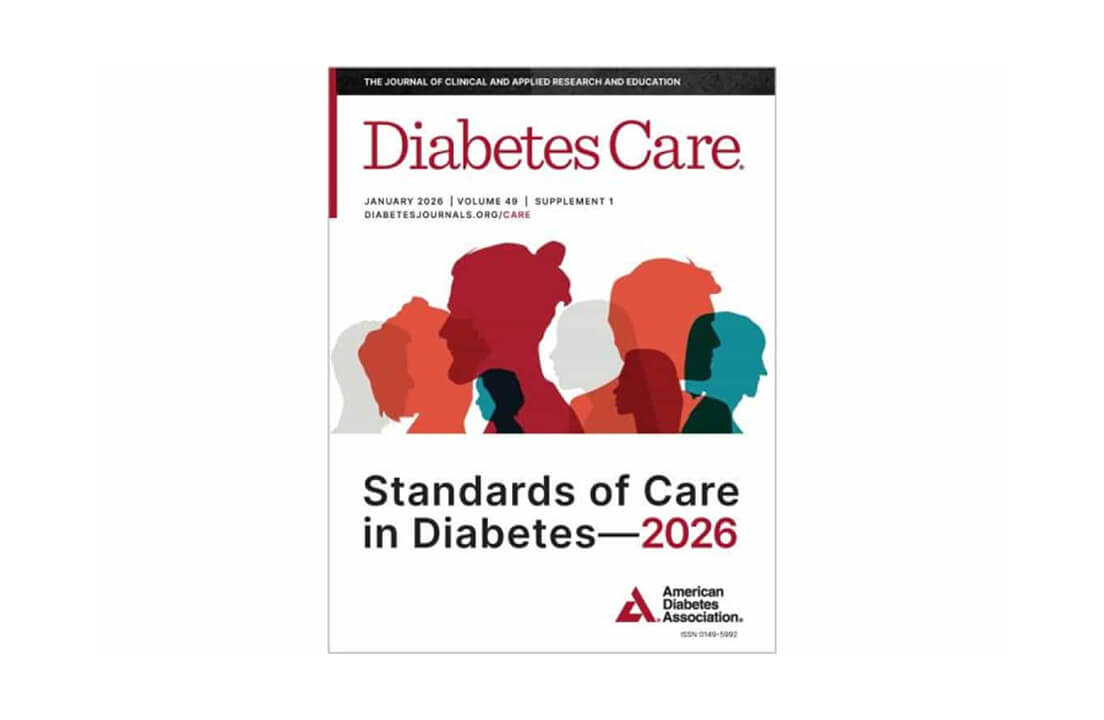
.jpg)
.jpg)



.jpg)



.jpg)

.jpg)
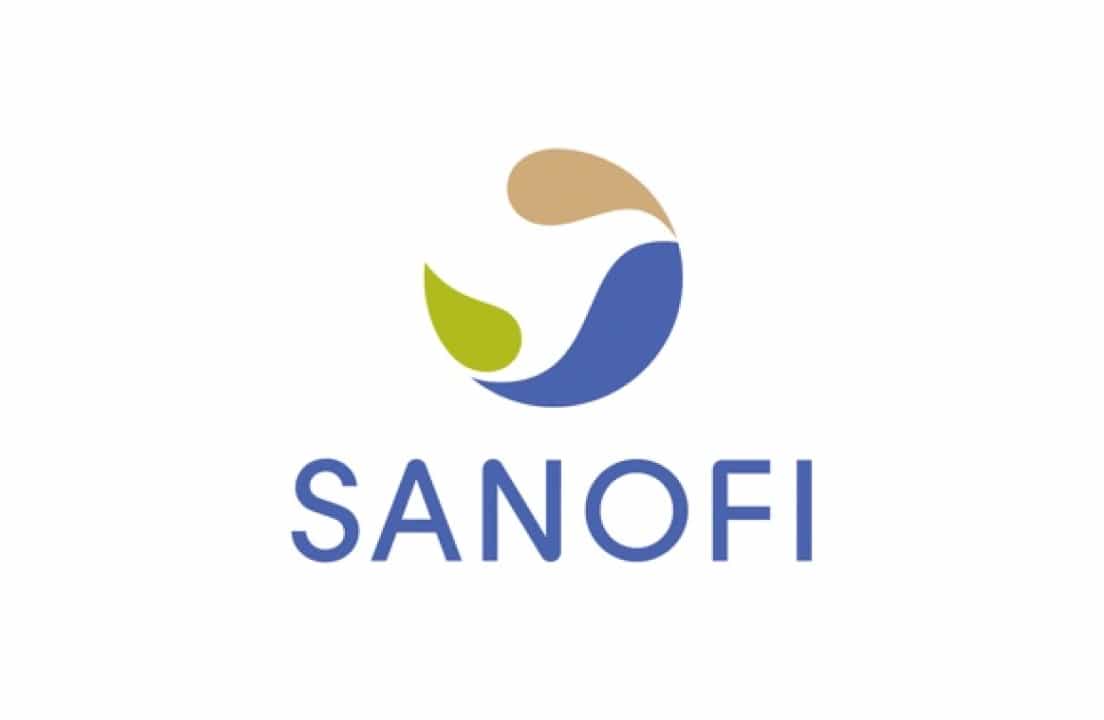

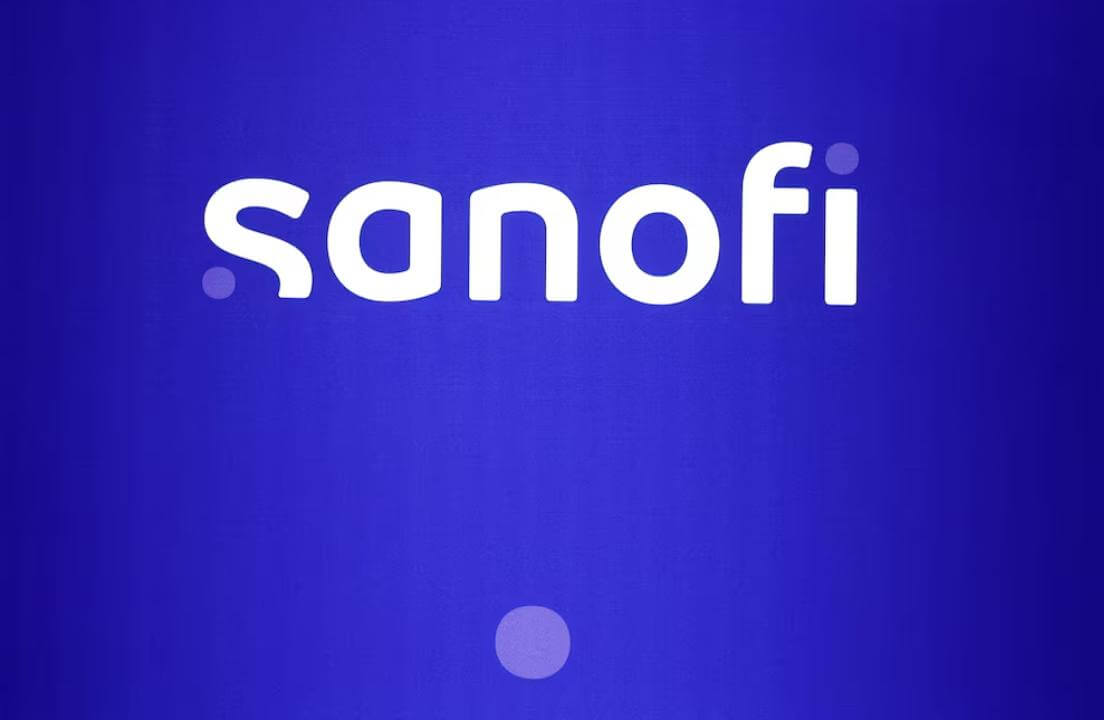
.jpg)

.jpg)
.jpg)
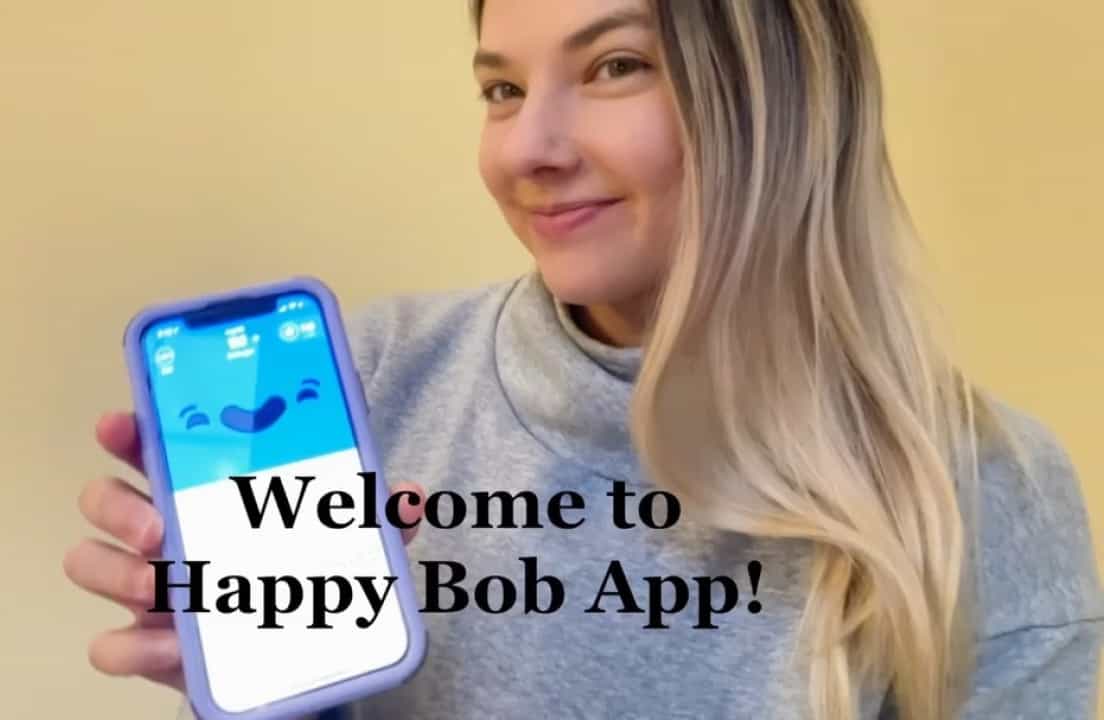
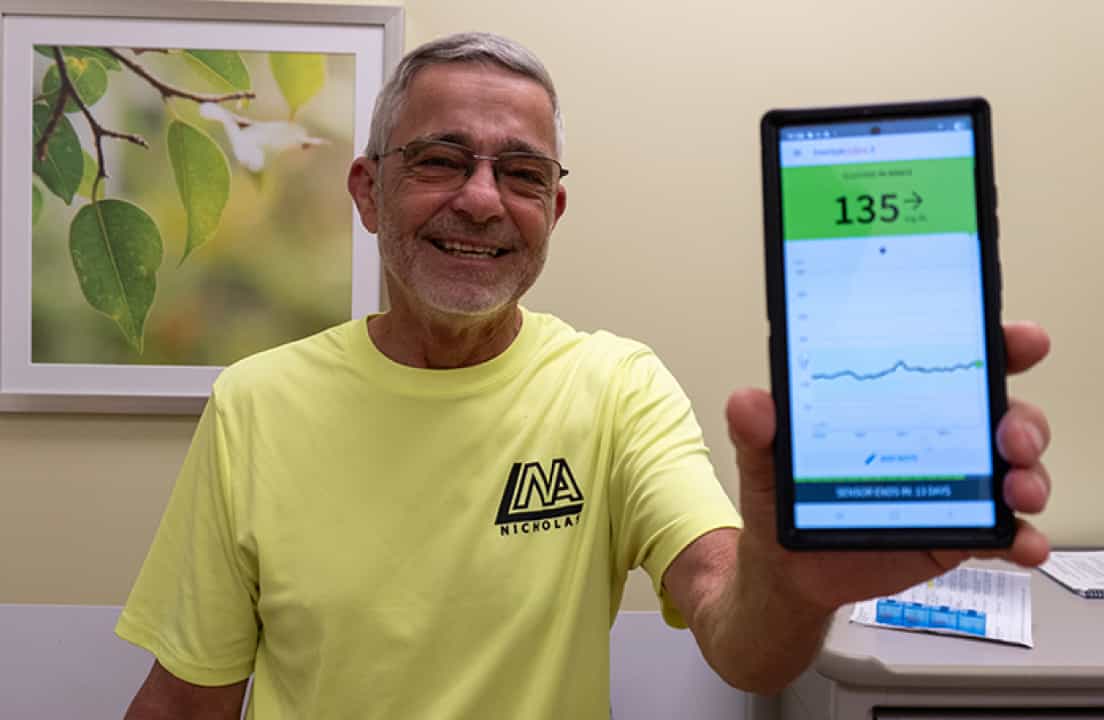

.jpg)
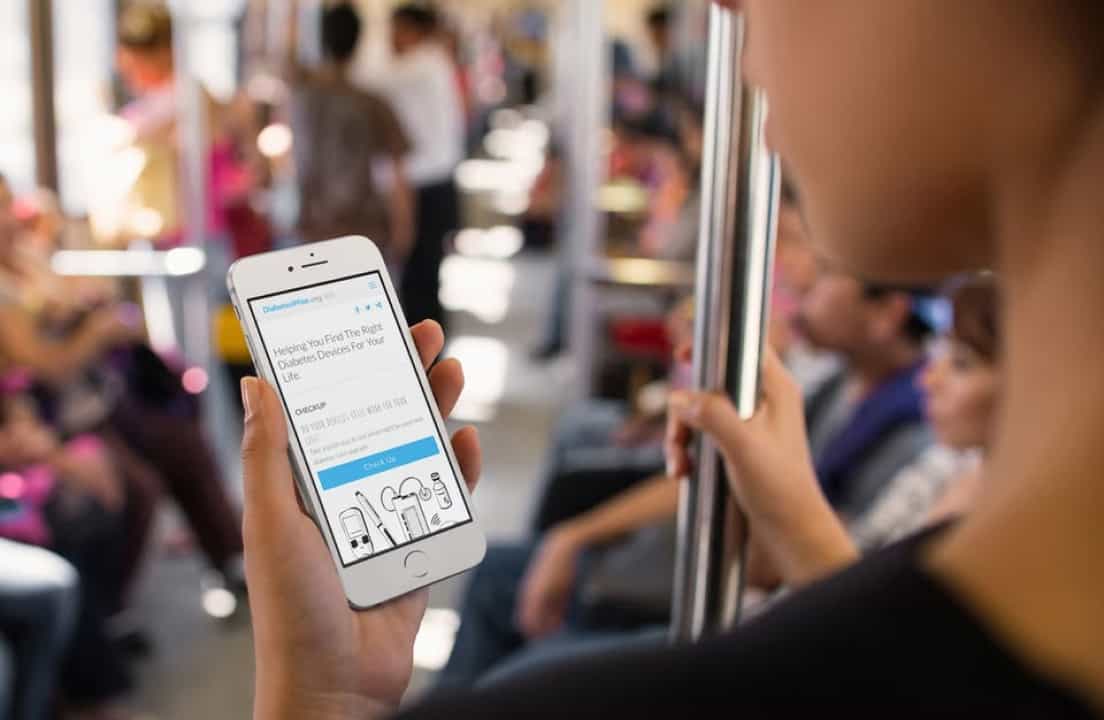
.jpg)




.jpg)

.jpg)
.jpg)
.jpg)
.jpg)
.jpg)
.jpg)

.jpg)
.jpg)
.jpg)
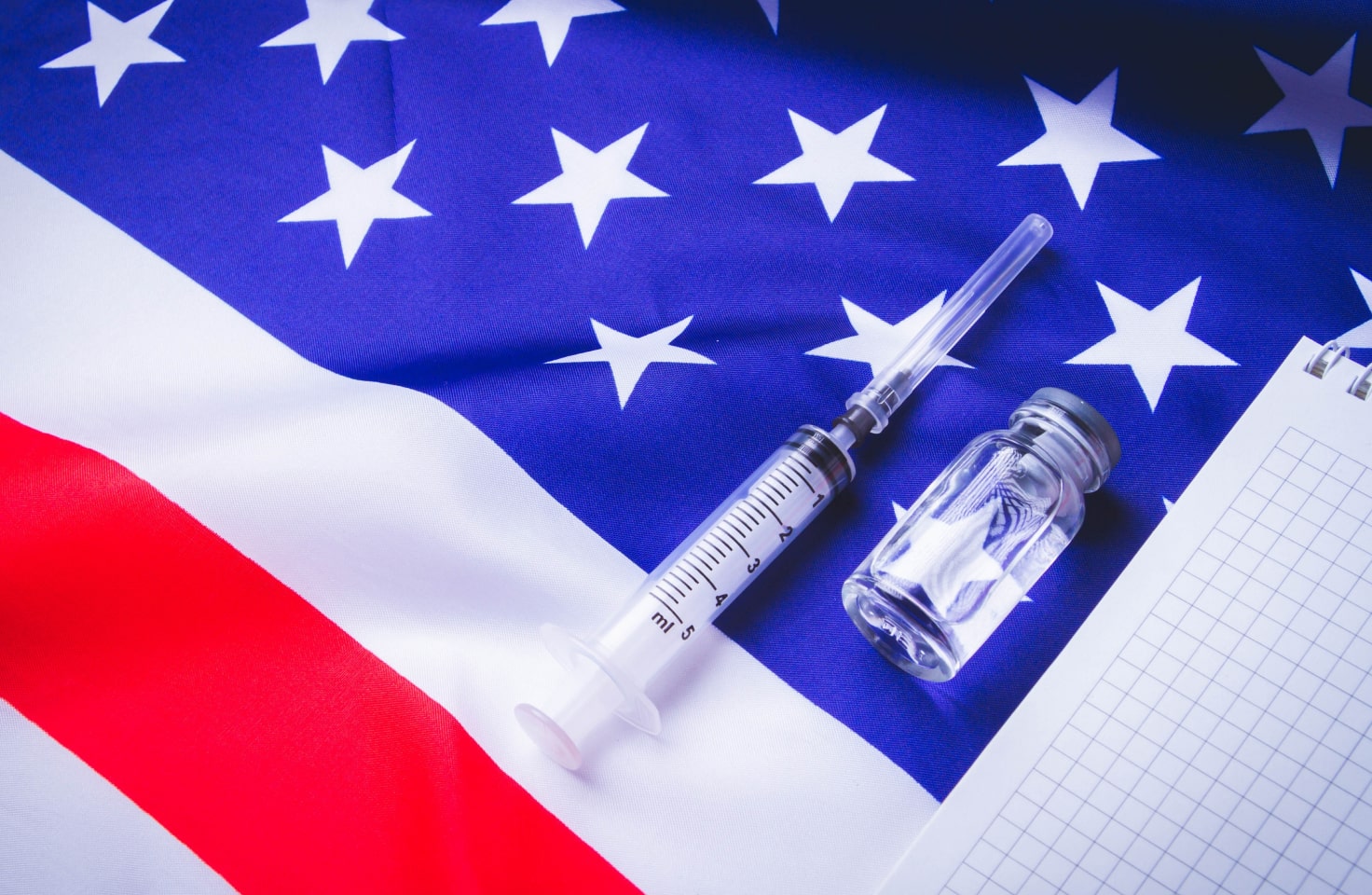
.jpg)



.jpg)
.jpg)
.jpg)
.jpg)


.jpg)
.jpg)


.jpg)
















.jpg)





.jpg)







.webp)
















.webp)